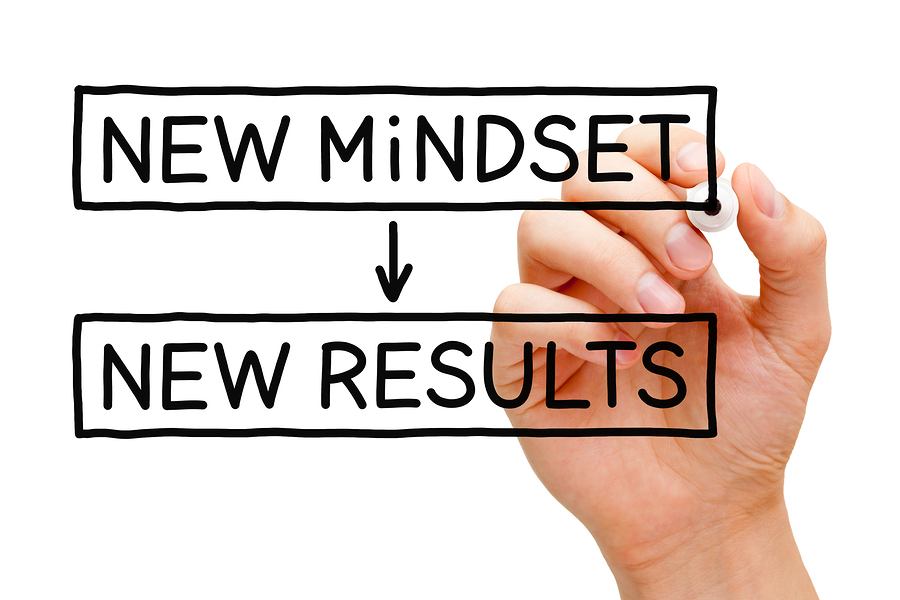Preparing for SXSW Interactive – Health & Dating Panels
In exactly two weeks, I will be heading to Austin, Texas to participate in SXSW Interactive which takes place from March 13-17th. I’m excited to see a number of panels this year that are addressing the intersection of technology, health, and relationships—all things I spend a great deal of my time obsessing over. Here are a few panels that I’m very much looking forward to attending, as they promise to cover issues near and dear to my heart—as well as my psychotherapy practice.
John Grohol, Ph.D., the founder of PsychCentral, a wonderfully accessible resource for both therapists and clients, will be presenting a panel called Social Networking in Health: e-Patients, Data & Privacy. This panel promises to address issues of patient data and privacy. He says he will talk about aggregating data which can help people spot trends and changes in their own health, and he will discuss the pros and cons of networking tools. To my knowledge, this is the only other panel presented by a fellow psychologist this year, and it crosses over some of the topics addressed in my own panel, so you can be sure I’ll be there. Melanie Rosenthal will also be presenting Killing Us Softly: The Failure of Technology in Health Care, which will address bringing health technology into our communities and the various challenges of bridging social networks with sterile health technology. I am interested in hearing more about this topic and hearing what she has learned about attempts to bridge the gaps.
Then there are a number of panels which address relationship issues. Brave New Dating with Ryan McMinn and Ali Watkins will focus on how dating protocols have been changed by the web. McMinn and Watkins encourage attendees to come discover new approaches focused on outcomes rather than process. Another dating related panel is Digital Dating: Are the Internets Killing Your Game? by Aubrey Sabala. Sabala’s panel will focus on the complications of digital dating in a Love 2.0 world, mediated by Facebook, Twitter and text messages. Since Relationship 2.0 issues are a specialty area of my practice, I’m eager to hear what Sabala and her participants have to say.
Then there are the panels that focus on privacy and exposure. Is Privacy Dead or Just Very Confused by Danah Boyd promises to explore the complex ways that people try to control access and visibility in order to demonstrate that privacy these days is just very confused. Boyd plans to discuss people’s concepts and experiences of privacy and find ways to manage it in Web 2.0. On the flip side of privacy is the practice of baring it all on the net.
A Brief History of Growing Up Online organized by Maria Diaz will look at the backlash that seems to be focused primarly upon women who document their lives on the Internet. Diaz is interested in old school “bloggers” (formerly teens) who will talk about coming of age while exposing their lives on the Internet. Her panel will explore how it has affected the ways these women are now leading their lives. She’s also interested in the next generation and what the effects are of having it become normative to share so many private moments of one’s life with the world. I often wonder how youth is influenced by growing up in an online world with a very different sense of access and privacy than that with which I grew up. This panel should provide some interesting context as people reflect on their past experiences and how they feel about them now. Since many people shift their relationship with privacy and exposure as they develop and grow and aong with the fluctuations in the growth of the internet, I am looking forward to hearing some different perspectives.
Lastly, of course, there is my own Core Conversation, Therapy 2.0: Mental Health for Geeks, which I am co-presenting with Thomas Roche. We plan to talk with attendees about a number of issues, which will include: mental health and occupational risks that tech people are susceptible to, and what they can do about it; how to assess your current health strategies and recognize self-care plans you may need to implement; Friendship 2.0, Dating 2.0, and Breakup 2.0 issues; staying focused on tasks and productivity in the culture of distraction; tools technology can offer for improving your mental health; and resources if you realize you need more help.
This is shaping up to be a very exciting year and I look forward to returning to the Bay Area with much renewed energy and inspiration, as I did last year.

Dr. Keely Kolmes » Preparing for SXSW Interactive - Sexuality Panels
March 1, 2009 @ 12:45 am
[…] my last post, I wrote about some of the panels I’m looking forward to attending at SXSW this year that […]